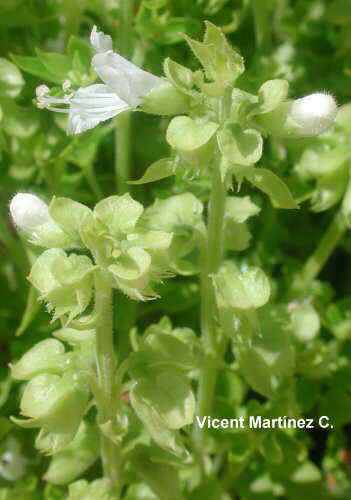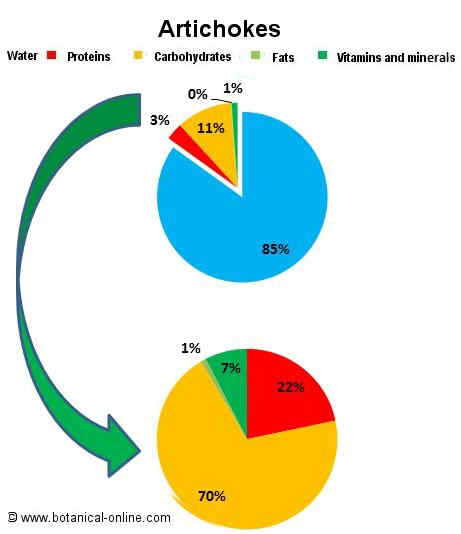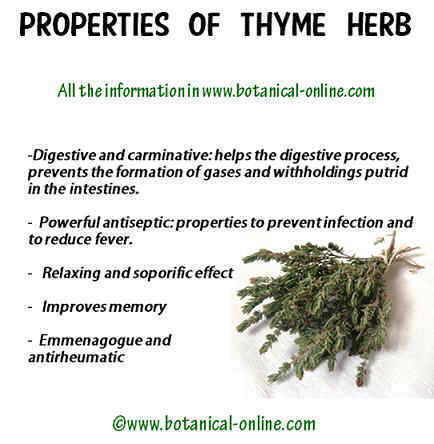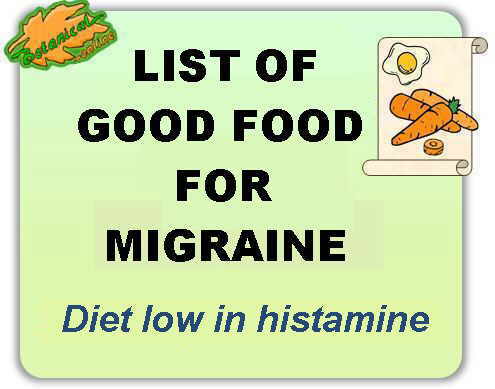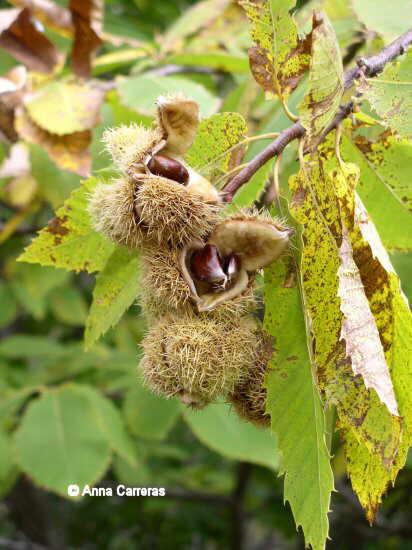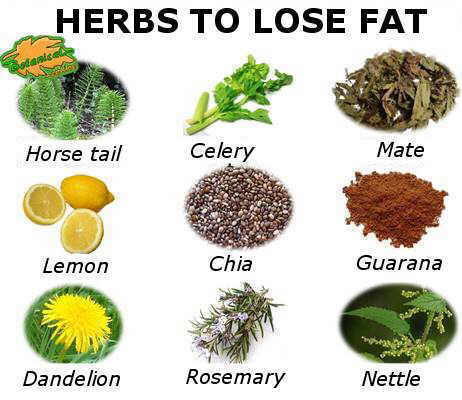Contents
Causes of childhood obesity: why do children get fat?
Children don’t “burn” junk food
Unfortunately, children are the main consumers of junk. It is common to see them consuming nectars, juices, cookies, breakfast cereals, jams, chocolate milk, pastries, chocolates, sweetened yogurts, candies…

Junk food is often a prize, and it is often said that nothing happens because children consume these products because “children burn it.”
Do children burn junk food?
It is false that children “burn” junk food while playing sports or moving around, just like a car “burns gasoline” while driving. Children use food as a brick for their structures, their bones, their muscles, their organs.
Junk food becomes part of your body and accumulates in visceral fat, generates inflammation, insulin resistance, changes the intestinal flora and, in the brain, these types of food products distort your sense of taste and satiety, causing them to later reject other foods with natural and healthier flavors.
Another non-physiological effect, but no less important, is the loss of gastronomic culture that the consumption of these globalized products entails. Currently many children do not know which fruits are in season because they practically do not consume them.
Harmful effects of junk food for kids
Junk food is metabolized by the child, becomes part of the child’s body structures, produces inflammation, distorts his sense of taste and favors changes in his body that can condition future diseases.
Continuing with the simile of “if food were gasoline to burn”, in a car the gasoline filter is changed every X time, but in a child, bad fats, the stimuli of hyperpalatable foods and insulin resistance they accumulate and represent a greater probability of having diseases in the future.
Junk food is known to predispose to obesity and diabetes, and these diseases are in turn associated with many others, including fatty liver and cancer.
Can you give junk food to thin children?
Giving children energy in the form of highly processed foods, in addition to being not very nutritious, is also harmful in the short and long term.
In the short term, ultra-processed food causes high blood sugar (and the damage of high sugar in the blood vessels), malaise, problems such as cavities and irritability. In the long term, altered appetite and bad eating habits that will condition your health in the future.
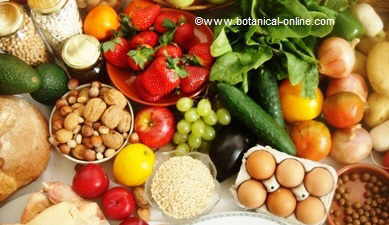
All this produces in the child a feeling of discomfort, fatigue and heaviness that is very unpleasant. His quality of life will progressively decrease if he consumes these products throughout his life.
- No matter the weight of the child, it is never good to eat junk food. Nor should it be considered an award for “special occasions.”
Effects of junk food on health
It must be clear that 100 calories from nuts is not the same as 100 calories from a chocolate bar.
The speed with which nutrients are assimilated when they are in an unprocessed food, the need to secrete insulin by the pancreas, the intestinal flora, on the liver, and the oxidative stress of a food without antioxidants and of a food with antioxidants, is totally different.
Junk food has no nutritional value, it usually has a lot of calories, sugars, such as flour, fat, sugar, salt and/or food additives such as sweeteners. All of this is a refined cocktail that it would possibly be best to avoid eating.
![]() More information on natural food
More information on natural food
28 May, 2021

